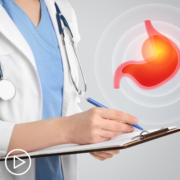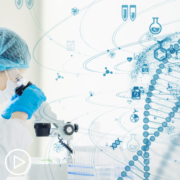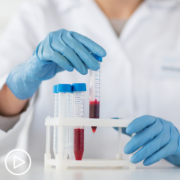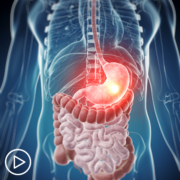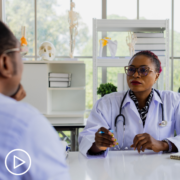How Can Gastric Cancer Patients Insist on Better Care?
How Can Gastric Cancer Patients Insist on Better Care? from Patient Empowerment Network on Vimeo.
Self-advocacy is an essential part of accessing the best gastric cancer care, so how can patients insist on better care? Dr. Yelena Janjigian shares advice to help optimize healthcare visits.
Dr. Yelena Janjigian is Chief of Gastrointestinal Oncology Service at Memorial Sloan Kettering Cancer Center.
See More From INSIST! Gastric Cancer
Related Programs:
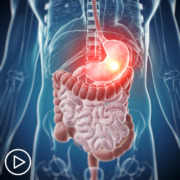
|
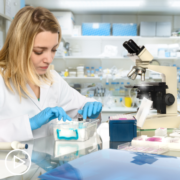
|

|
Transcript:
Katherine Banwell:
Yeah. Well, that leads us very smoothly into self-advocacy. And it’s really important that patients advocate for themselves. So, if a patient has a question or they’re unsure about a decision, why is it so important for them to speak up?
Dr. Janjigian:
What I always tell my patients and I explain to them, that often the doctors know a lot of information. But there’s so much information that it’s almost impossible to – and we only have 15 to 20 minutes together. So, it’s almost impossible to communicate everything that we know to you. So, you need to drive a bit of what the focus is of priorities in each visit and get as much information as you can. But also in some ways, follow the doctor’s lead.
So, it’s a balance of information exchange. Use the portal as much as possible as well. The patient portal is often for follow-up questions. Write questions down. We have our nurse practitioners, our nurses, our fellows that continue to educate the patients because as things come up, and the field is so complicated that there are just so many things that you can ask at one single appointment.
So, it’s okay to forget something, but just write it down. In the end like anything else, you only have one sort of chance to do this in a way that you want it to be done. And as treatment progresses and you’re not feeling well, and maybe you don’t want to keep coming in for appointments and would rather go spend time in Aruba or Florida or somewhere sunny as opposed to – that’s okay. I think a lot of times it’s your life. You only have one. And I strongly believe in anything to try to get as much out of every interaction as possible using all the resources that are available to you.


